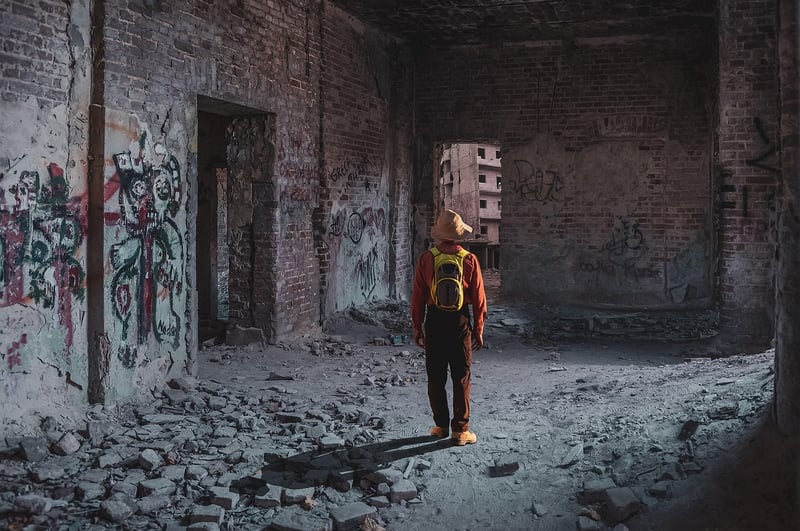Future Dystopian Worlds
Exploring Different Eras and Future Dystopian Worlds
Introduction
Embark on a journey through time and imagination as we delve into different historical eras and future dystopian worlds. From the ancient civilizations to potential futuristic societies, each period offers unique insights into the human experience and the potential consequences of our actions.
Ancient Civilizations
Travel back in time to explore the wonders of ancient civilizations such as Egypt, Rome, and Mesopotamia. Witness the grandeur of the pyramids, the might of the Roman Empire, and the innovation of early urban societies. These eras laid the foundation for modern civilization and continue to captivate historians and archaeologists alike.

The Renaissance
Enter the era of rebirth and enlightenment known as the Renaissance. Marvel at the works of Leonardo da Vinci, Michelangelo, and other artistic geniuses who revolutionized art, science, and philosophy. The Renaissance marked a period of profound cultural transformation and paved the way for the modern world.

Industrial Revolution
Witness the impact of the Industrial Revolution on society, economy, and technology. Experience the rise of factories, urbanization, and the mechanization of labor. The Industrial Revolution reshaped the world and set the stage for the modern industrialized society we live in today.

Future Dystopian Worlds
Imagine a future where society has taken a dark turn, leading to dystopian worlds governed by oppression, surveillance, and environmental decay. Explore the realms of futuristic dystopias portrayed in literature, film, and art, reflecting on the consequences of unchecked power and technological advancement.

Conclusion
By exploring different eras and envisioning future dystopian worlds, we gain a deeper understanding of the past, present, and potential futures that lie ahead. Whether reflecting on the achievements of ancient civilizations or contemplating the dangers of unchecked progress, each era offers valuable lessons for us to learn from and build upon as we navigate the complexities of our world.
